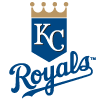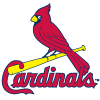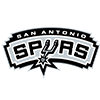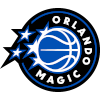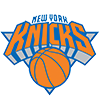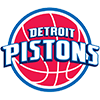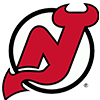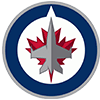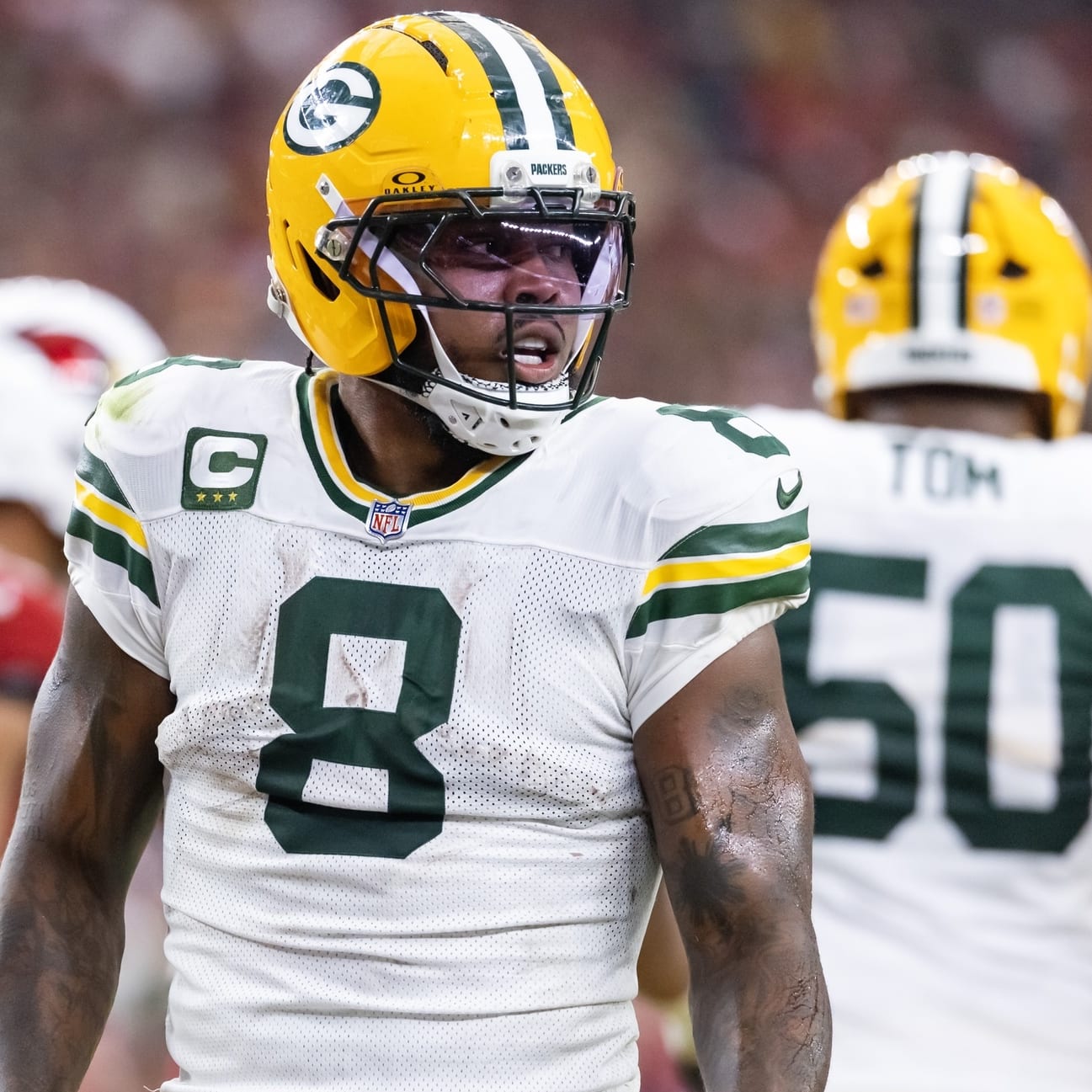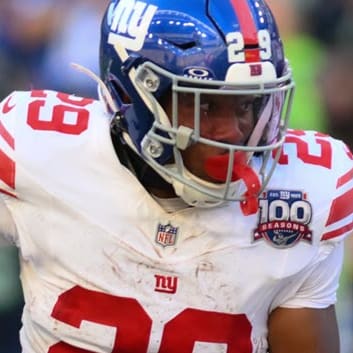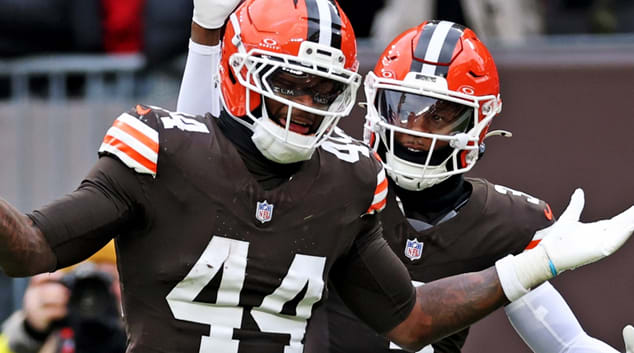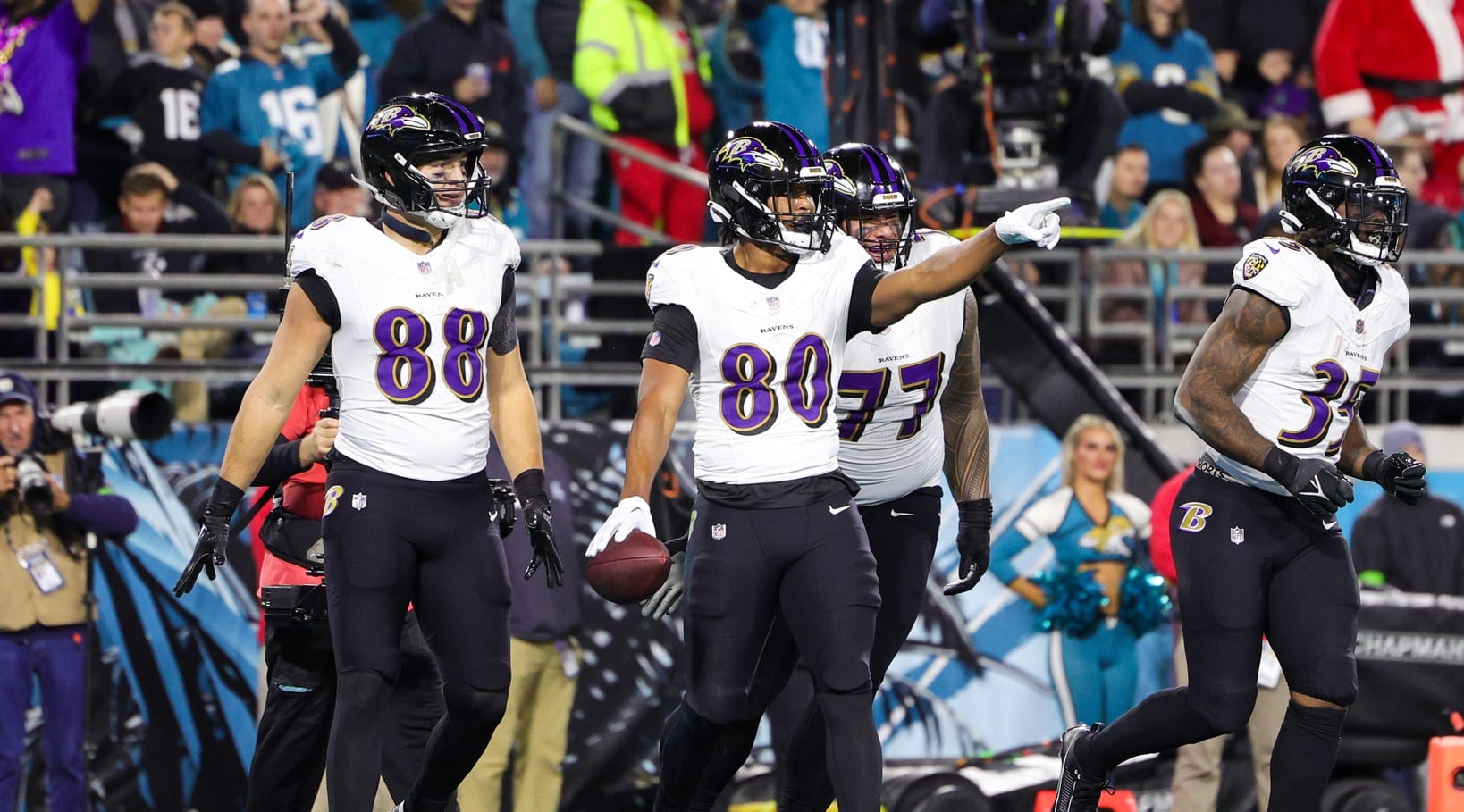Warren suffered a hamstring strain over the weekend, setting the stage for me to write my annual breakdown about this injury and the delicate balance that occurs during the healing process. A routine reminder about this ailment is needed as hamstring strains are the most reported lower extremity injury in the NFL with roughly 75 percent of these incidences resulting in missed time.
The hamstrings are a dynamic muscle group located on the posterior aspect of the thigh. The three muscles that comprise the hamstrings are considered multi-joint muscles, because they play a role in motion at both the hip and knee. The hamstrings are extremely important to high-level activities like running and jumping but are vulnerable to injury when overstretched or with sudden starts and stops. Multiple studies have attempted to determine other underlying risk factors for these injuries including playing surface, player position, temperature, and age of the injured athlete.
Despite the focus of research and multiple attempts to prevent the injuries from occurring, hamstring strains remain a problematic injury. Even worse, the injury is accompanied by a high recurrence rate.
The reason for the frequent setbacks and recurrences is likely linked to the complex healing process necessary to return the injured muscle to full strength. When a strain occurs, the body's natural healing process is initiated. The first phase in this multi-phase process is the inflammatory phase in which the body's natural clotting response begins. Over time, specialized cells buildup and remodel new tissue to
Warren suffered a hamstring strain over the weekend, setting the stage for me to write my annual breakdown about this injury and the delicate balance that occurs during the healing process. A routine reminder about this ailment is needed as hamstring strains are the most reported lower extremity injury in the NFL with roughly 75 percent of these incidences resulting in missed time.
The hamstrings are a dynamic muscle group located on the posterior aspect of the thigh. The three muscles that comprise the hamstrings are considered multi-joint muscles, because they play a role in motion at both the hip and knee. The hamstrings are extremely important to high-level activities like running and jumping but are vulnerable to injury when overstretched or with sudden starts and stops. Multiple studies have attempted to determine other underlying risk factors for these injuries including playing surface, player position, temperature, and age of the injured athlete.
Despite the focus of research and multiple attempts to prevent the injuries from occurring, hamstring strains remain a problematic injury. Even worse, the injury is accompanied by a high recurrence rate.
The reason for the frequent setbacks and recurrences is likely linked to the complex healing process necessary to return the injured muscle to full strength. When a strain occurs, the body's natural healing process is initiated. The first phase in this multi-phase process is the inflammatory phase in which the body's natural clotting response begins. Over time, specialized cells buildup and remodel new tissue to fill in the gaps left by the injury. Unfortunately, the "new" tissue is laid down in an indiscriminate manner and is not as strong or durable as true muscle tissue. This leaves the healing tissue vulnerable to re-injury as the injured athlete often reports feeling better and may even have a decent return of function. However, since the scar tissue isn't at full strength it can easily fail with high stress activity, resulting in a re-injury or a secondary injury somewhere else along the kinetic chain. When this occurs, the reset button on the entire healing process is hit, resulting in more time lost.
The severity of the strain also influences recovery rates. The higher the classification, the longer the time lost.
The severity of Warren's strain has not been revealed, though he is expected to miss multiple weeks. As a result, the Pittsburgh running back's availability for Week 1 is suddenly uncertain. Even if he does manage to make it back in time for the start of the season, the risk of re-injury will linger. As a result, I'm moving him down a few notches on my draft board following the injury. Najee Harris could see an increase in usage should Warren sit, with Cordarrelle Patterson also in line for an expanded role.
Turf Burns
Nick Chubb: Chubb's devastating knee injury last season required multiple surgeries to repair the three torn ligaments. He started camp on the active/PUP list and still has "a little way to go," according to Browns GM Andrew Berry. Chubb's timeline should be based on the date of his second surgery, the mid-November procedure needed to address the ACL tear. As a result, Chubb remains on track, though I'm guessing he starts the year on the PUP, sidelining him for the first four games of the season. At baseline, a dip in productivity following an ACL tear should be expected, but that dip may be more pronounced for Chubb given his age and injury history. He's worth a flier later in drafts, but I wouldn't count on him being a feature back in most formats.
Jahmyr Gibbs and Sam LaPorta: Copy and paste everything I wrote about Warren here for this pair of Detroit offensive weapons. Both players have the slight advantage of their injuries occurring earlier in the preseason, providing additional time for them to heal. It is worth noting Gibbs has a history of hamstring injuries, a noted risk factor for future injury. This shouldn't drastically alter either player's draft day stock but is worth monitoring moving forward.
Justin Herbert: The Chargers quarterback returned to practice but remains limited as he works his way back from plantar fasciitis. He has resumed throwing but primarily has done so from a stationary stance. While the situation remains less than ideal, it does appear he is progressing in recovery, even if it is at a slow, controlled pace. Los Angeles continues to operate as if he will be ready for Week 1 against the Raiders.
Matthew Stafford: The Rams quarterback is another notable player nursing a hamstring injury. Fortunately, Stafford's injury is still listed as tightness, suggesting, at worst, a low-grade strain. He was able to complete individual drill at practice Monday and should progress to more moderate work over the next few weeks. He is unlikely to play in the team's preseason finale but should be ready for Week 1.
Christian Kirk: Kirk will not practice this week due to a mild calf strain. It appears the Jaguars are simply taking a conservative approach with his treatment. Hopefully, two weeks off from practice will allow Kirk to return in some capacity next week so that he can gradually ramp up his workload in anticipation of Week 1.
Christian McCaffrey: The 49ers running back continues to progress in his treatment plan for his strained calf. He has gradually increased his level of activity but has yet to take the field. It's not much of an update, but the real news here as that he has avoided any sort of setback. McCaffrey is expected back by the start of the regular season, and he should still be one of the first selections on draft day.
Brock Bowers: The rookie tight end did not play in the Raiders' preseason loss to the Cowboys due to soreness in his foot. Soreness is a vague term and could be linked to a myriad of ailments. Hopefully the issue is a minor, acute injury that quickly resolves with extended rest. The Raiders have already stated the starters will not play in the preseason finale, meaning the next time we see Bowers it will be in his professional debut. Keep an eye out for more details in the days ahead.












